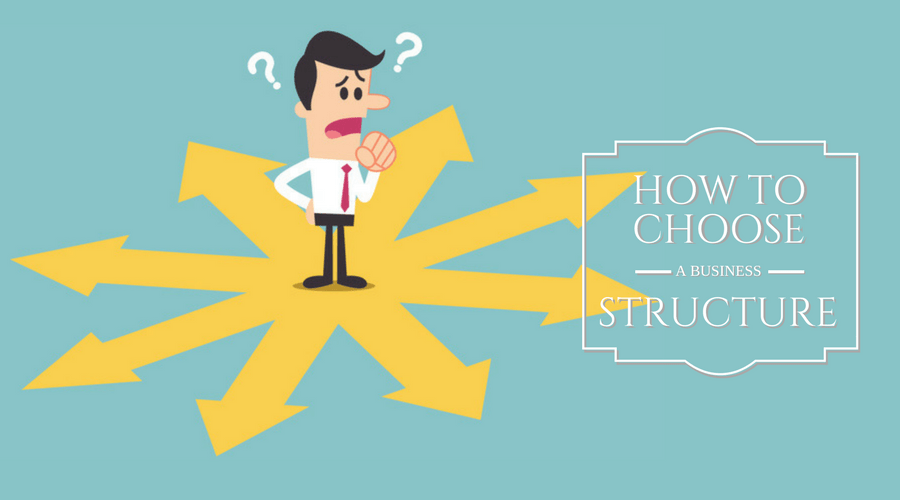
Whether you’re self-employed, in partnership or running a company, there are different ways to structure your business. Here’s where you’ll find information about each option, including the pros and cons, to help you decide which structure best suits you or for your business.
Before you start:
There are different ways to structure your business, each with different legal and financial obligations. Most businesses in the Cook Islands are either sole traders, companies, or partnerships.
When you are starting a partnership or a company, it still pays to think about why you’re doing it and which choice will best suit you. The structure you choose can impact your ability to grow or sell the business, so it’s important to get it right.
Talk to people who have chosen the structure you’re thinking about. Think about getting an advisor, who specializes in advising people in the industry you want to work in. Contact BTIB for assistance in this area. Click here for our contact details.

Use the following information to help you make the best choice.
Once you have decided which business structure you want to go with, see below to help you get started with registering your business.

Sole traders are people who are in business on their own, without registering as a limited liability company. Many small business owners, contractors and self-employed people begin as sole traders. It’s the cheapest and easiest option, and may appeal to you if you want to make a living by following your passion, or to work as a contractor.
You can hire staff to help run the business. If you do hire staff, you will need to register with RMD as an employer and meet a number of obligations including Taxes.
Pros and cons
Upsides include:
Downsides include:

Income Tax is paid on all income earned in the Cook Islands. As a sole trader, you must declare their revenue as personal income.
If you want to change your business structure, for example; because it’s hard to attract investment as a sole trader, you can register your business as a limited liability company.
A partnership is when two or more people or organizations form a business. It is recommended that you set out a partnership agreement so you know how you will share profits, debts and work expectations.
If you hire staff, the partnership needs to register as an employer with Revenue Management Department and meet a number of obligations. Go to our Business Tax information for your review to help you get started.
Upsides include:
A partnership doesn’t pay income tax as a business. It distributes all the income between the partners, who then pay income tax on their share.
At the end of each financial year the partnership must complete a tax return and each partner needs to complete an individual tax return.

Downsides include:
A company, in a legal sense, is separate from the people who own it — its directors and shareholders.
Shareholders are responsible for paying a company’s debts — up to the value of the shares they own in that company. They’re also entitled to a dividend, which is a share in the company’s profits.
Doing business as a company can be more complicated than other business structures. For example:
When starting a company, it’s a good idea to get as much advice as you can. Talk to people you know who’ve started companies or who advise business owners, eg accountants and business mentors.
If you think this may be right for you, our website has more information about registering your company and what to do next. See below to help you get registered as a LIMITED LIABILITY COMPANY.
Upsides include:

Downsides include:
If you hire staff, the company needs to register as an employer with RMD and meet a number of obligations.
A company pays tax on its profits — the income left over after taking away expenses. If the company distributes profit to its shareholders, shareholders will pay income tax on the dividend but may also get tax deductions to help them meet that obligation. (Tax deduction is a portion of taxable income that may be excluded from taxation when certain conditions are satisfied – check with your financial advisor or ask RMD office).
If a company’s expenses are more than its income, it makes a loss and may not have to pay tax.
You’ve decided you want to register your business.
To register your business as a SOLE TRADER, a PARTNERSHIP or a LIMITED LIABILITY COMPANY, click on the link on the right for more information.
NOTE: Registering a business for a Limited Liability Company will be setup differently.

Business Trade Investment Board
Opposite the Punanga Nui Market
Ruatonga
Avarua Rarotonga
Cook Islands
Telephone: +682 242 96
Fax: +682 24 298
Private Bag, Rarotonga, Cook Islands.
Email: btib@cookislands.gov.ck
Monday – Friday
8am – 4pm
Closed: Saturday and Sunday
Statutory Holidays